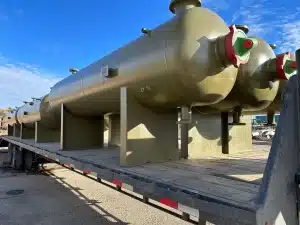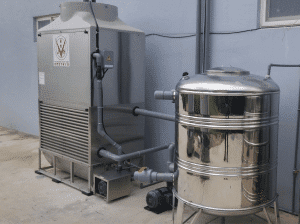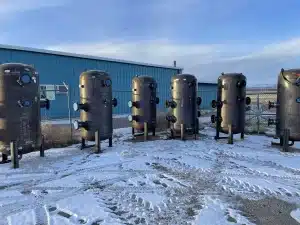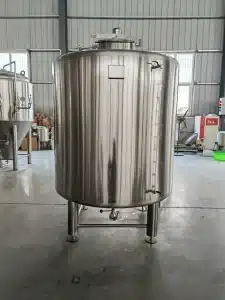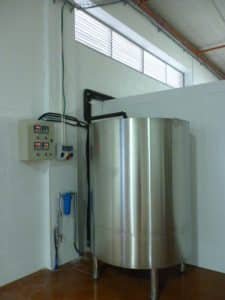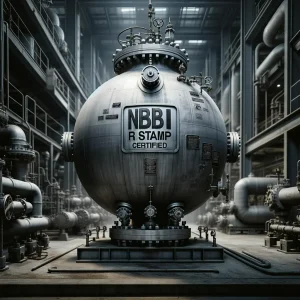
NBBI R STAMP Certified Pressure Vessel
Introduction to NBBI R STAMP Pressure Vessels The NBBI R STAMP certification represents a prestigious endorsement for pressure vessels, proving their adherence to the highest industry standards. This certification highlights a vessel’s strength, protection, and reliability. When you see the R STAMP, you know the product has undergone rigorous testing and validation to meet the strict requirements set by the National Board of Boiler and Pressure Vessel Inspectors (NBBI). Importance of R STAMP in the pressure vessel industry Protection and reliability
